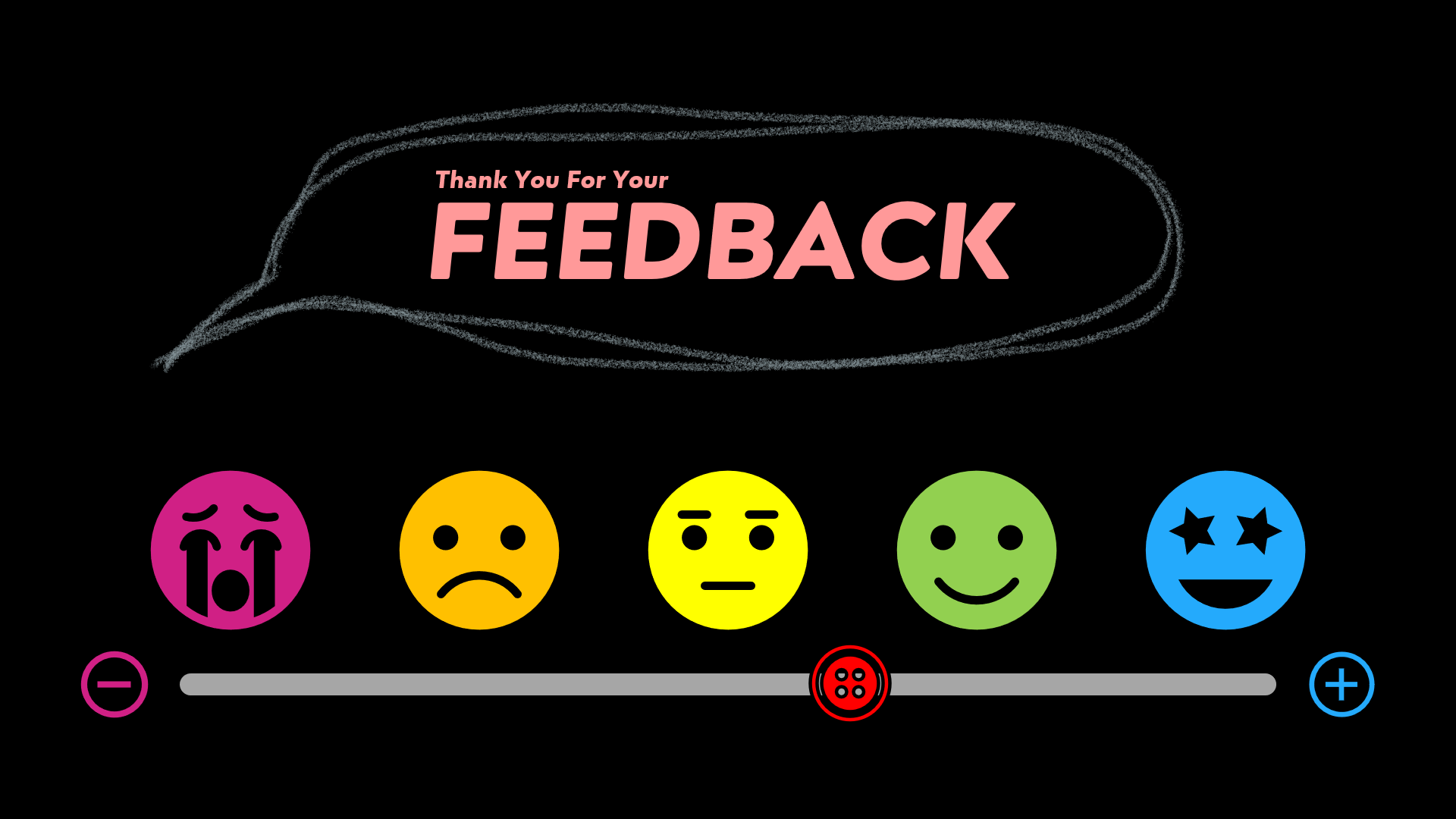When someone talks about “feedback”, what first comes to mind? For many employees, their attention immediately turns to the annual performance review or the meeting between their parent and teacher. And the next thought? The fear of receiving negative feedback, or as we call it “criticism”.
Is feedback equal to criticism?
We know the answer is “no”, but isn’t it strange how many people share the same negative feeling when they hear the word “feedback”?

Image of business man being blamed via Success.com
What is Feedback?
There are many definitions of the word feedback. The article aims to explore feedback using the definition below by Clynes and Rafferty.
”All definitions suggest that feedback is an interactive process which aims to provide learners with insight into their performance.
Clynes and Rafferty, 2008
Feedback is an important aspect in one’s learning process. Without it, learners would not know where they stand. As the above suggests, feedback is interactive whereby learners are included in the communication process. It is not meant to be a one-way communication with the feedback giver speaking and the receiver bowing their head down in shame.

Image of shame via Lifehacker.au
Feedback Vs. Criticism
”Feedback is helpful and constructive; Criticism is hurtful and damaging.
Frank K. Sonnenburgaward-winning author and a well-known advocate for moral character, personal values, and personal responsibility
A simple quote by Frank Sonnenburg illustrates the difference between feedback and criticism. There is a fine line between feedback and criticism. When the constructive part is missing, feedback turns into criticism.
With such a thin line between feedback and criticism, wouldn’t people choose to follow the “say nothing at all” advice if they wanted to avoid having to be the one putting across the painful truth? After all, ignorance is bliss. Or is it not?
The “FEAR” Factor
There are societal norms one must adhere to when living in a community. In Japan, one of it is the need to maintain harmony. Anything that is deemed to “destabilize” harmony is frowned upon.
How would one be able to tell another coworker about their unpleasant body odor during winter, for example? Or how a team member’s personal need for control within a group is driving the team up the wall? What about another team member’s lack of contribution that is causing a rift amongst members the group?
The above are some examples of important things to talk about, and indeed it should be something spoken early on instead of people believing they have to “tolerate” everything. There is only so much stress a person could take. Sometimes the supposed “offender” does not have the intention of causing pain to others. They simply might be oblivious to what is happening around them. With that missing vital piece of communication to develop better understanding between people, misunderstanding is bound to happen.
To add salt to injury, a non-carefully worded feedback when one is stressed could just tip the scale from constructive to destructive.
The Gap in Reality
Science and facts are beautiful pieces of information that assists in the advancement of the humankind. One could go on talking about the value and importance of feedback, write countless research papers and journals substantiating the importance; but the practical aspect of the problem remains: People are not taught how to give and respond to feedback.
When the “how” in the entire feedback equation is missing, it stifles the process. When faced with an unknown problem, fear sets in. Some would attempt to find their own “how to” methods by either emulating their favorite leaders, others might shy away from it especially if their first few attempts backfire.
Inasmuch as it is stressful to be on the receiving end of feedback, it is equally nerve racking for the giver. Not only would the giver have to carefully word their phrases, but they would also have to be sharp enough to catch the response of the receiver. The receiver too, must learn how to react to the feedback given gracefully. In essence, giving and receiving feedback is an art, or tango if you may.
Negating Feedback Phobia
A mindset overhaul is necessary to negate feedback phobia. Feedback should be seen as a gift instead of an impediment, and one must rewire their mind to welcome feedback from people.
The concept of “feedback” should be redefined. In business, the “SMART” goal setting is often being used. People are objective-driven when preparing for feedback. But what is lacking is the emotional, humanistic approach to feedback. If everything were to be as black-and-white as we hope it would be, there would be no incidences of favoritism or disliking a good advice just because it comes from someone we do not like.

Image of a range of human emotions via Simon Page website
If there are a few things one could do to have better feedback experience, they would be:
- Be HUMAN
- Always plan ahead and give concrete examples and suggestions for improvements
- Go into a feedback session with an open mind
- Understand that feedback facilitates growth and improvement
- Have good thoughts and intentions when giving and receiving feedback
- Open, two-way conversation – Practice listening and understanding
- Anticipate denials and learn to manage the situation – for the feedback giver and receiver to understand that different people take time to internalize message, especially if it is one of negative surprise
- Dare to ask for time to digest information
- Lose the ego – Be ready to apologize and explain oneself if a misunderstanding occurs.
- Keep the conversation open – If more time is needed for more discussion, be prepared to set more sessions to make the feedback more fruitful
- Do not shoot the messenger – keep your emotion in check (and deploy point #8)
And when one is more confident:
- Educate another person on giving better feedback or receiving feedback gracefully
Feedback is Important in Life
The best way to think of feedback is this:
Feedback is necessary for people to understand themselves and people around them better. With better understanding comes better alignment.
Feedback should not be limited to situations at work or school. Rather, feedback should come from all angles to help one to improve, especially people one interacts with often.
Quoting Simon Sinek’s famous principle “Start with Why”, give feedback with the purpose and intention of lifting the other person up and helping them improve. When we point out an example mistake or challenge, be ready to give an improvement point or some suggestions. And be sure to thank the other person for their effort, regardless if they are the feedback giver or receiver.










